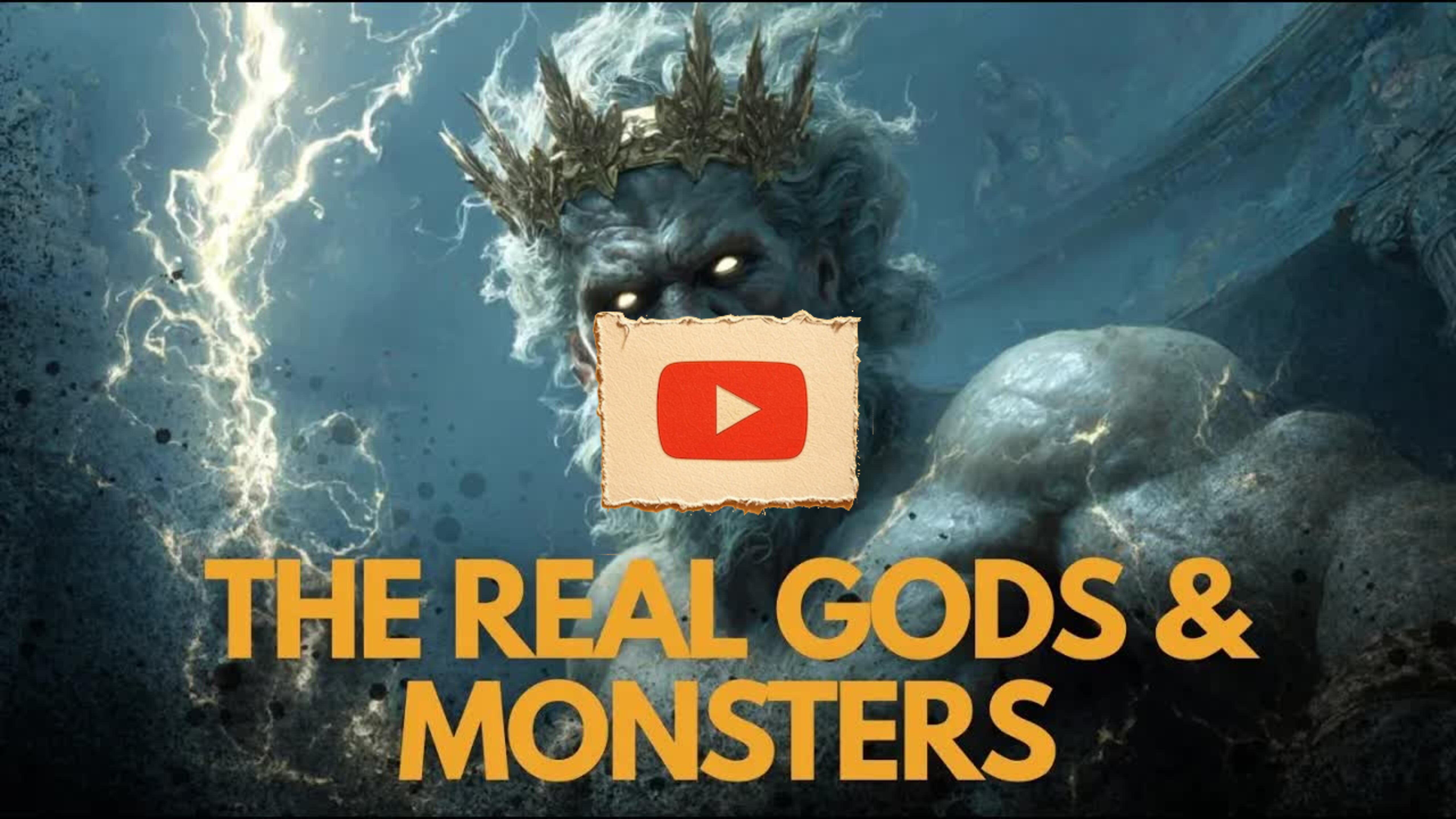Key Points
- Zeus was not a noble, wise father figure but a ruthless ruler who maintained power through fear and force
- Hades was actually the most just god, staying in his realm and fairly judging the dead rather than being an evil Satan-like figure
- Medusa was originally a mortal priestess who was cursed by Athena after being assaulted by Poseidon in Athena's temple
- The Greek gods were polished and sanitized over time by storytellers who needed clean heroes and simple villains
- Original myths were raw, bloody, and painfully human rather than safe moral lessons
- Zeus ruled through violence, having poisoned his father Kronos and waged 10 years of cosmic war against the Titans
- Zeus's "loves" were often victims - Europa was abducted, Leda was assaulted, and Semele was burned alive
- Athena's wisdom was sharp and cutting, not gentle - she destroyed Arachne and cursed Medusa instead of helping her
- Prometheus didn't just give fire to humanity but provoked Zeus, leading to Pandora's box releasing suffering into the world
- Orpheus's journey to save Eurydice was driven by selfish inability to let go rather than pure love
- Dionysus represented dangerous madness disguised as joy, driving King Pentheus's mother to kill her own son
- The underworld was described as gray and silent, not a fiery place of torture
- Greek gods reflected a chaotic, beautiful, and cruel world rather than teaching morality
- Persephone may have chosen to eat the pomegranate seeds in some versions, making her descent a willing transformation
- The gods punished mortals for petty reasons - Hera turned innocents into beasts, Poseidon drowned cities over insults
- Perseus used Medusa's severed head as a weapon and gave it to Athena, the same goddess who cursed her
- These myths were meant to warn people about the dangers of power and crossing the gods, not comfort them
- The Greek gods were worshipped not because they were good, but because they were powerful and untouchable
Full Transcript
 Great Pods
Great Pods
 Great Pods
Great Pods